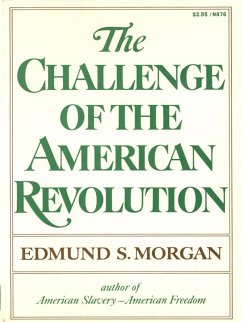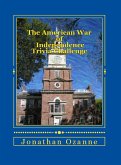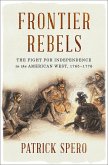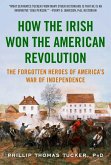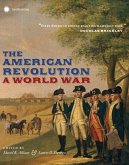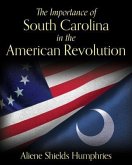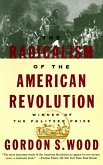This volume presents an eminent historian's progress over thirty years in trying to understand the American Revolution. Here is the historian at his bestbeginning with the assumption that things are not always as they appear to be, delighting in the discovery of the previously unknown, and offering new interpretations with style, wit, and the good sense to know that there are always more questions to be answered.
The Revolution is fertile ground for the historian's craft, as these essays attest. Edmund S. Morgan discovers in American protests against British taxation an affirmation of rights that the colonists adhered to with surprising consistency, and that guided them ultimately to independence. Then, after a general reassessment of the importance of the Revolution, he moves to a study of it as an intellectual movement, which challenged the best minds of the period to transform their political world. Next, in studying the ethical basis of the Revolution, Morgan traces the shaping of national consciousness by puritanical attitudes toward work and leisure. This leads him to an exploration of the paradoxical relationship between slavery and freedom, and the role their relationship played in the Revolution. Finally, thinking about the Revolution on its anniversary, Morgan looks once again at the Founding Fathers and the innovative daring, admiring most their ability to reject what had hitherto been taken for granted.
The Revolution is fertile ground for the historian's craft, as these essays attest. Edmund S. Morgan discovers in American protests against British taxation an affirmation of rights that the colonists adhered to with surprising consistency, and that guided them ultimately to independence. Then, after a general reassessment of the importance of the Revolution, he moves to a study of it as an intellectual movement, which challenged the best minds of the period to transform their political world. Next, in studying the ethical basis of the Revolution, Morgan traces the shaping of national consciousness by puritanical attitudes toward work and leisure. This leads him to an exploration of the paradoxical relationship between slavery and freedom, and the role their relationship played in the Revolution. Finally, thinking about the Revolution on its anniversary, Morgan looks once again at the Founding Fathers and the innovative daring, admiring most their ability to reject what had hitherto been taken for granted.
Dieser Download kann aus rechtlichen Gründen nur mit Rechnungsadresse in A, D ausgeliefert werden.

